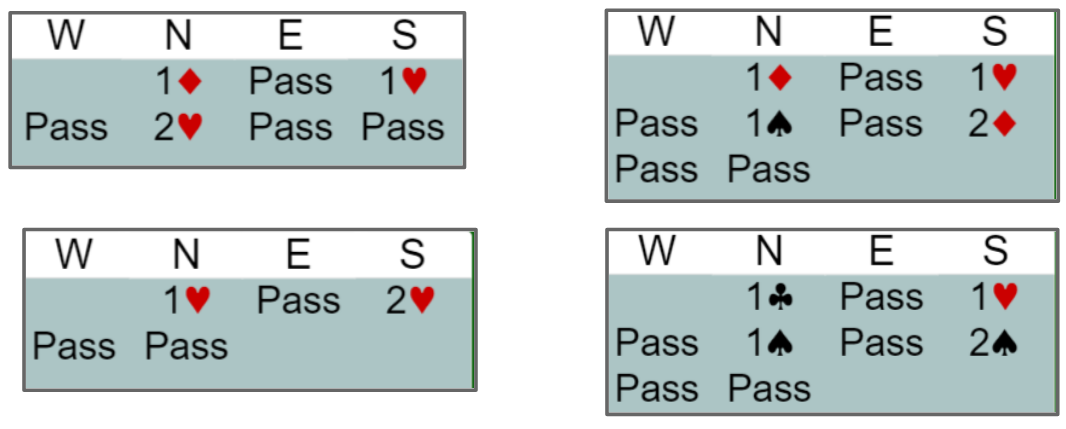Allowing the opponents to play in their fit at the 2-level is losing bridge. If you are in the pass out seat, the opponents will play in their fit at the 2-level if you pass. Balancing with an overcall or a takeout oriented double prevents your opponents from play in their fit at the 2-level. Balancing may find your own making contract, find a good sacrifice, or push the opponents too high.
On the auction below, what does East know?
| North | East | South | West |
| 1♠ | Pass | 2♠ | Pass |
| Pass | ? |
- South has 3+ spades and 6-10 points including distribution
- North has 5+ spades and needs responder to have 11 or more points for game to be viable.
- East-West have at most 5 spades
- North didn't invite game. So North has less than 15 points including Length Points
- North-South have at most a combined 24 points. It could be far less, particularly if they are non-vulnerable
- East-West have at least 16 points, and may have far more
East doesn't want to let North-South play in their fit at the 2-level when East-West have at most 5 spades and East-West may have the majority of the strength. East wants to balance with an overcall or a takeout oriented double.
How to Balance:
- Double for takeout with support for the other suits
- Overcall with a 1-suited hand
You don't want to guess which suit to bid when you hold a 2-suited hand. Typically, you don't want to play 2NT when the opponents have opened the bidding and responder has bid. Since there is little need for a natural 2NT overcall, it is best to use 2NT as an artificial bid showing a 2-suited hand. When your partner makes an artificial 2NT balancing overcall, you want to find a reasonable place to play. Bid the lowest suit you can tolerate. The 2NT overcaller will pass if it is one of their 2 suit. Otherwise, they will bid the lowest of their suits. This allows their partner to choose between their 2 suits.
You should strive to balance against fit auctions where the opponents attempt to buy the contract at the 2-level. Here are some examples of fit auctions:

Balancing has less upside on an auction where a fit has not been confirmed. See the following examples:

Partners who balance should be appreciated. Don't punish your partner by bidding aggressively after your partner balances. As discussed above, you can infer your partnership's strength when your opponents lack the strength to make a game try. If your partner balances and you have a good hand, your partner likely expected you to have a good hand. Don't punish your partner by bidding aggressively.
There are other balancing scenarios. Here are some tips on how to handle other balancing decisions.
- When 1NT is passed around:
- It is common to balance with shortness or 2 doubletons
- Your defensive agreements against 1NT are typically used
- When a preempt is passed around:
- Balancing is riskier because your partnership’s strength isn’t known
- With shortness in the preempter's suit, try to balance if feasible
- A conservative approach is recommended with 2 or more quick losers in the preempter's suit
- When balancing, try to choose the most flexible action
- Advanced agreement: play lebensohl over double of a weak 2
- When 1 of a suit is passed around:
- 1NT is 11-14 over a minor,
11-16 over a major - 1-level overcall is 8-13 points
- Double is takeout or 14+ points
- Jump in new suit is 13-16 points & a strong 6+-card suit
- Consider whether your opponents have a better spot? If so, it may be best to allow them to play at the 1-level
- There is much more here. This requires its own lesson
For more information on this topic see Jim O'Neil's article at http://youth.worldbridge.org/a-balancing-act-by-jim-oneil/
- 1NT is 11-14 over a minor,




